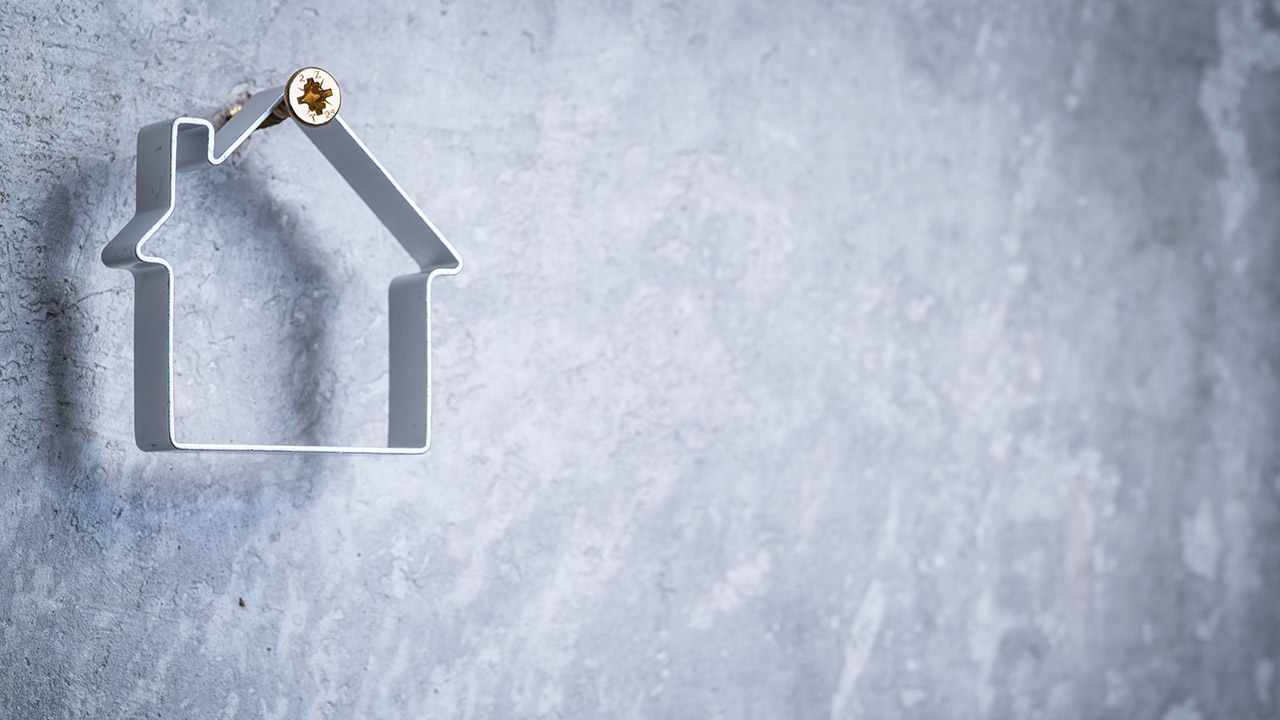If there’s one thing you don’t want to skimp on when it comes to owning a home, it’s homeowners insurance. Even though your lender will require you to obtain this kind of insurance in order to get approved for a mortgage, you still have plenty of options to make sure you’re adequately covered.
When you’re shopping around for property insurance, ask the agent the following questions to make sure you’re getting the coverage you need.

1. What does the policy cover, and what’s excluded?
Don’t assume that just because you’ve bought into an insurance policy that everything in and around your home is covered. It’s important that you ask for specifics, and find out exactly what is covered under your policy, and what isn’t.
For instance, any water damage caused by a leaky roof or destruction of the structure and furnishings as a result of a fire would typically be covered under a standard policy. But any damage as the result of a flood, earthquake, or even a hurricane might not be covered.
It may be necessary to purchase a premium package or add a rider to your current policy in order to ensure adequate coverage. The point is, it’s important to understand what is and isn’t covered so you’re not stuck with unpleasant surprises when it’s time to make a claim.
2. How much liability protection should I have?
Liability protection is important to protect yourself against any potential lawsuits that come up as a result of any property damage or bodily harm caused by you or anyone else living in the home. This portion of the policy covers the financial cost to defend you in court and any monetary awards up to your policy’s limit. This component of your policy will also cover you even if you’re not at home when the incident occurs.
The limits of such liability usually start anywhere around the $100,000 mark, but most agents will typically suggest that you get at least $300,000 worth of such protection. The higher the number, the better, especially if you have a lot of valuable assets. If someone comes over to your home and falls and is seriously injured, your liability limit will cover you in case this person decides to go after you in court.
3. Are there any discounts available to me?
Certain features in your home can qualify you for discounts on your premiums. Things like a monitored alarm system and deadbolts on your exterior doors often translate into slight reductions on your payments. If you bundle services – such as life insurance, auto insurance, and homeowners insurance – your insurance provider will likely give you a deal.
4. How much will my monthly premiums be?
An obvious question, but an important one nonetheless. You may be quoted an annual rate, but it’s important to know what you will be paying each month in order to ensure that it fits within your budget. Knowing what this number is can also help you comparison shop with other insurance providers to help you get the best deal.
5. What is my deductible?
When you have to make a claim, a deductible will need to be paid first before your coverage kicks in, and comes out of your own pocket. This number will vary, but it typically ranges between $500 to $1,000. Usually, the higher your deductible, the lower your monthly premiums, and vice versa.
6. Does the policy cover market or replacement value?
In the event that your home is totally demolished, it will need to be replaced. It’s important to find out whether your policy covers the market value of your home, or the replacement value. Market value means you will get reimbursed for the amount that your home is currently worth in today’s market if you were to sell it, while replacement value means you’re paid out an amount needed to physically replace your home.
7. What are the limits on special items in my home?
If you own a lot of expensive artwork, jewelry, a grand piano, or any other pricey items, your policy may have limitations on how much will be covered if they’re ever stolen or damaged. Make sure you know what these limits are so you know whether or not more coverage will need to be added to your policy.
8. How long does it typically take to get paid for a claim?
The last thing you want is to wait around for weeks before a check comes in to cover any damages you’ve been faced with. Usually, highly rated companies are efficient in their claims process, and will pay out their clients promptly. Do your homework on the insurance provider you’re dealing with to see if they’re credible before you sign up with them.
By asking the right questions, you’ll be armed with information needed to make a sound and informed decision about which insurance company to work with, and the type of policy you need for sufficient coverage.